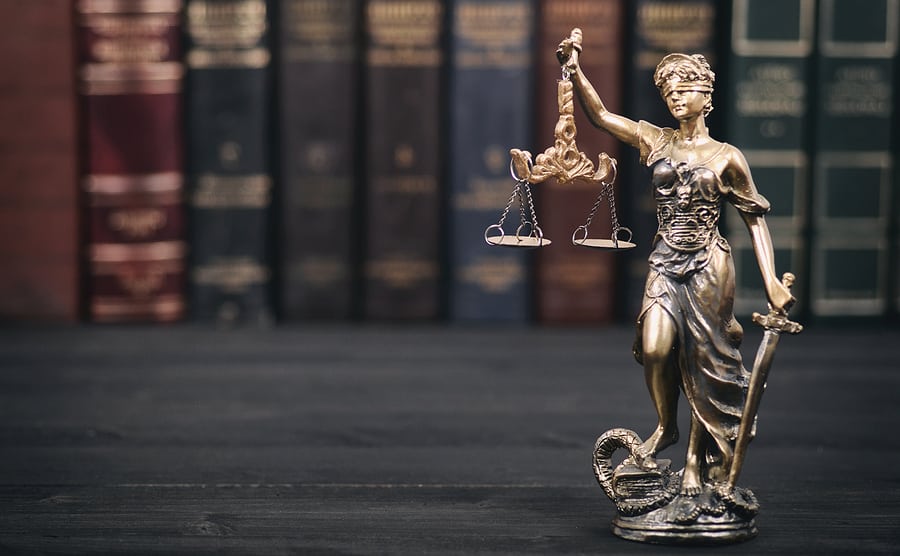Remarks as Delivered
Thank you, Gene [Sperling], for your incredibly kind words, I’m really grateful for your leadership in this important work, and for inviting me to participate this morning.
I am grateful to the law school students, the professors and deans who are working on this project with us and who are here today. But I am even more grateful that when I issued a “Call to Action” to this community, you responded.
On August 30th, I noted that as federal and local eviction moratoriums expired around the country, evictions were expected to spike and millions of Americans might lose their homes.
So, I asked you to help.
I asked you to help tenants and landlords apply for rental assistance.
I asked you to volunteer for your local legal aid provider, to provide legal counsel to tenants as they applied for assistance, mediate disputes with landlords and to litigate their eviction filings in court.
And I asked you to help state courts implement their eviction diversion programs by acting as mediators or appointed counsels.
I called on you as members of the legal community, to use your skills, your education, your experience and your time to help the most vulnerable among us.
Today, we are celebrating the way in which you answered the call.
Law students and lawyers from across the country have stepped up to take on cases.
You have mobilized pop-up clinics and medical-legal partnerships to help families facing eviction to help them keep their homes.
You have helped our courts implement eviction diversion programs.
You have developed new digital platforms designed to ensure that housing court proceedings could be carried out fairly.
You have assisted your clients and your communities at a time when they needed it the most, when our country needed it the most.
I thank you for the work you have already done.
But I know I do not need to tell you that there is so much more to do.
Today, 151 days after I asked you to answer the call to help Americans facing eviction — and 151 years since the Justice Department was founded — making real the promise of equal justice under law remains our urgent and unfinished mission.
Fulfilling that promise demands that we work to ensure equal access to justice.
Even before the pandemic, the Legal Services Corporation found that 86% of civil legal problems facing low-income Americans received inadequate or no legal help.
We know that without equal access to justice, tenants are evicted; families are fractured; innocent people go to jail; jobs are lost; veterans are left helpless; immigrants are left homeless; consumers lose protection; debtors lose recourse; children lose support; and domestic-violence victims lose safety.
Without equal access to justice, the promise of equal justice rings hollow.
In May of last year, I launched a comprehensive review to explore the ways in which the Justice Department could expand its role in advancing equal access to justice.
Our conclusion was that we must fundamentally reimagine how we fulfill this responsibility.
As a first step towards reinvigorating our efforts, we announced in October that the Justice Department has restored a stand-alone Office for Access to Justice.
Its mission is to work in partnership with those on the front lines of legal services to identify and address the most urgent legal needs of communities across America.
I have asked our new office to evaluate how we can leverage the unique capacities of the Justice Department to spur innovation and improvement of our administrative proceedings, federal courts, state courts and legal services.
Today, I am once again asking you to be our partners in this effort.
As law students, as leaders of our nation’s law schools, and as lawyers, you are uniquely positioned to help fill to the gaps in our legal system.
To that end, the department’s Office for Access to Justice will be opening a pathway for partnership proposals. We look forward to soon having more information and details to share with you about this exciting new effort.
In my August call to action, I referenced Robert Kennedy’s Call to Action at the height of the Civil Rights Movement, to use their knowledge and skills to protect the rights of the most vulnerable among us.
Thank you for accepting the legal profession’s obligation in this new period to put your abilities to work, to support equal justice under law.
And now, I want to speak directly to the law school students in the audience. In the words of another Kennedy, you are the new generation of Americans to whom the torch of the legal obligation is passed. Your service this past 151 days assures me that the torch remains in good hands.
Thank you from the bottom of my heart.

